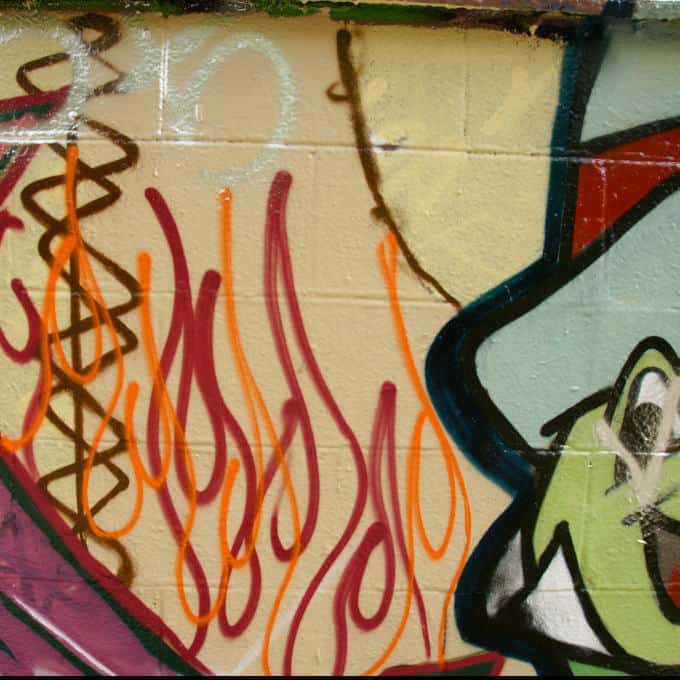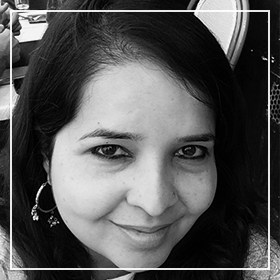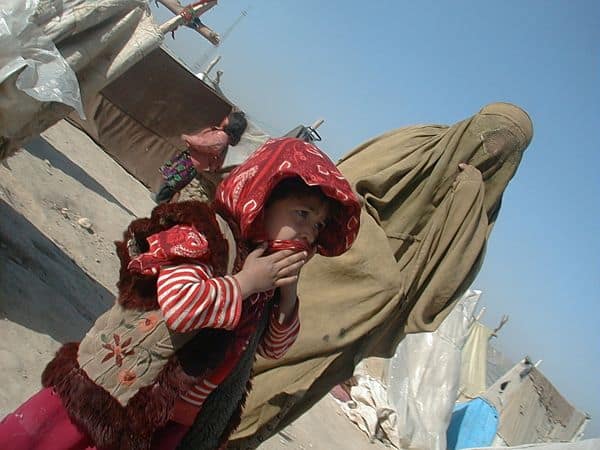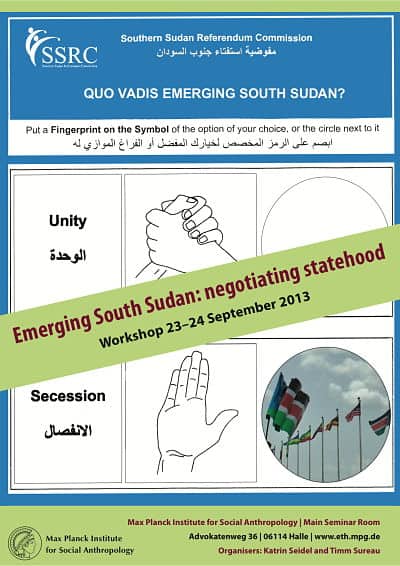This meeting was, for me, overshadowed – and somehow defined – by the #CaliforniaWoodfire smoke. I was flying in from smoggy, post-Diwali Delhi or what was in mid-November the most polluted city in the world. By the time I got to San Jose, northern California had achieved this dubious anthropocenic distinction! It became hard, from a certain vantage point, to tell San Jose and Delhi apart. Masks, streaming eyes, coughs, light-headedness, headaches in both cities. Everything was hazy and blurry. The smoke hung over the meeting as if willing anthropologists to articulate what Tsing et al. have described as ‘arts of living on a damaged planet’.
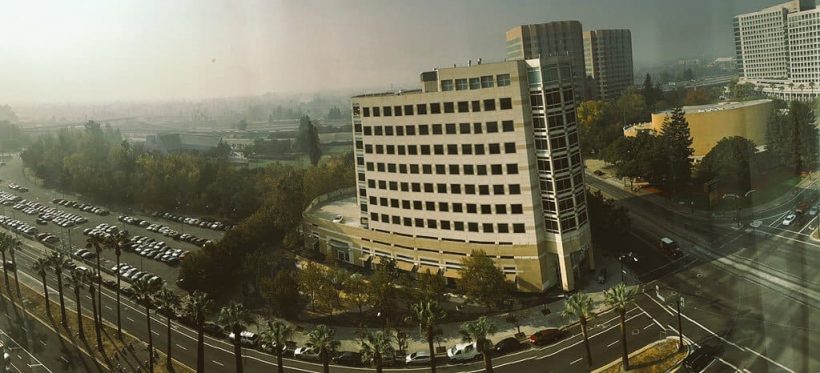
If the Anthropocene makes us rethink place, then the smoke also showed connectedness. Delhi and San Jose are 12,401 km apart but they felt and tasted the same with their acidic air; the wildfires were over 150 miles North from us but we still were reeling under its effects. Smoke crept into the dystopic convention centre; arguably the worst I have ever been in. The exhibition halls, in particular, were sinisterly grey and vacant with no sound-proofing in the makeshift booths making us all straining to hear the presentations as voices boomed in from all corners.
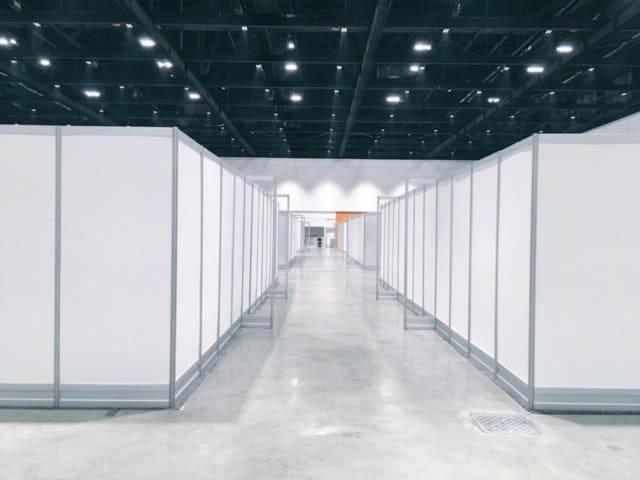
But where was everyone??
Beyond that, there was a maze-like quality to the space where we hunted – through the smokiness – to locate venues. The city and the AAA felt empty. “Where is everyone?” was a question that so many people asked. Were the anthropologists not there (I doubt it looking at the number of panels and contributors in the programme) or was this an effect of smoke and space? The emptiness of SJ was compounded by a certain flatness in the air. In lieu of the normal buzziness/neurotic energy of the AAAs, it felt oddly depressed. “America is depressed” said a friend.
What was the trendy trend at this AAA?
What was the trend at this AAA? Again, something we all wondered about as we darted between panels and coffees. While ‘Anthropocene’, ‘affect’, ‘ethics’ featured prominently in panel titles and papers, I personally couldn’t identify an overt trend or turn at this meeting, the heavens be thanked.
The potential for a more politically self-aware anthropology?
What I did think was most interesting about this AAA was how it appeared simultaneously depressed and political at the same time. I often lament how a-political anthropology can be; how pre-occupied with esoteric turns and parlour games it so often is; it’s distance from messy reality and political changes. Much of this type of anthropology is predicated upon an active politics of exclusion – it can only be theorised and practiced by certain types of anthropologists and them alone. At #AmAnth2018 this entire edifice felt challenged for, in my experience of the AAAs, the first time.
The challenge, as I read it, came from distinct sources. E.g., it was reflected in the choice of Dolores Huerta as opening keynote; Emily Martin with her call for “a fiery presence of Anthropology” as the distinguished lecturer; panel by David Harvey on anti-capitalist thought. The @PoliticalLegal discussion on anthropology confronting its trolls and the graduate workshop on ‘rumour and conspiracy’; discussions of anthropology outside academia; space was finally given to talks and panels on #MeToo in academia.
There was a very welcome focus on the craft of ethnography itself. Several fantastic panels on the limits of ethnography, the ethnographic effect, anthropology and wonder/imagination/boredom/time, etc. A distinct effort was made to rethink and strengthen anthropological methods.
Some more experimental panels that approximated performance art such as the ones on ‘Touch’ where audiences had to touch all sorts of things and the @culanth ‘Lights Out’ panel that was conducted entirely in the dark and, I believe, included yoga poses, meditation & baby cries!
I attended panels that studied and queried the North/South distinctions and foregrounded the need to decolonise the academy. Some great panels undertook close analyses of perplexing native thought and practice in the North – e.g. US climate denialism and life in Silicon Valley.
Academic Precarity and #hautalk
There was much discussion on precariousness in academia & the ways in which higher education/critical thought is currently under attack. Almost every conversation I had with doctoral students or early career academics was tinged with anxiety about ‘What Next?’. So many conversations with tenure-track Profs and tenured Profs were about the lack of support in their Universities. Most noticeably, women recounted disturbing tales that ranged from Title IX cases to toxic masculinity to the stubborn refusal to accommodate partner hires.
Of course, #hautalk came up constantly with a fabulous panel featuring all the people I only knew thus far as Twitter handles. Discussion focused on race, citations, elitism, which voices come to occupy the centre of the discipline and what we can do to radically change that now. With some notable exceptions, there were lesser manels than normal.
On a more personal note, I absolutely loved the serendipitous bumping into of friends/colleagues who are now scattered all over the globe. I also met many grad students with thoughtful and deeply engaged projects. There is a peculiar thrill one gets in meeting authors of books one admires as well as discussing details of forthcoming books by sparkly young anthropologists. A whole new generation of anthropological scholarship is being born before our very eyes!
Overall, left smoky San Jose totally exhausted, but also with a re-ignited passion for anthropology as a discipline; a craft; an ethical mode of inhabiting this world; as potentiality. Signing off with what else but a #caticon from San Francisco airport where I flew back to the UK in a plane full of fellow-anthropologists.
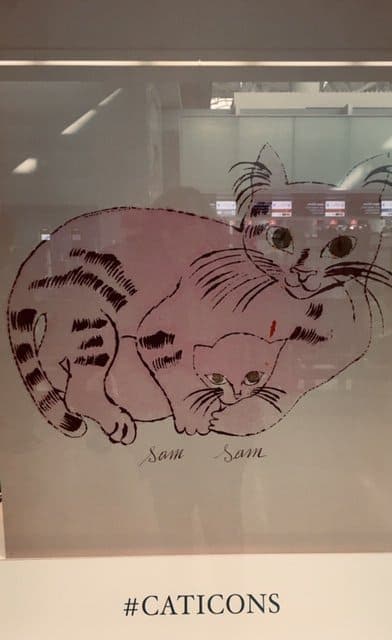
Featured image (cropped) by romana klee (flickr, CC BY-SA 2.00)

